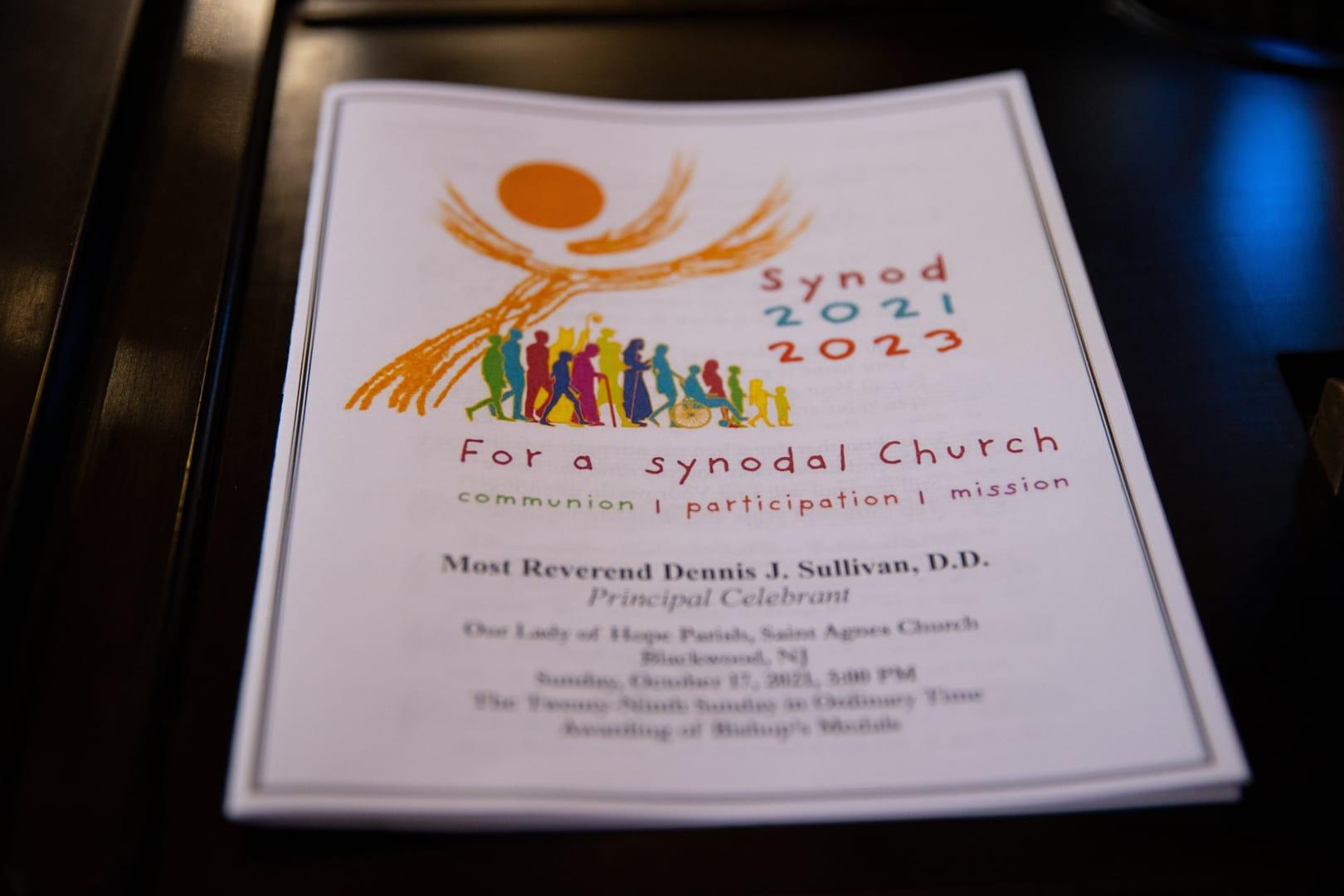NEW YORK – While two of his fellow American bishops clash over possible doctrinal changes as a result of the Synod of Bishops on Synodality, one US cardinal is calling a focus on outcomes rather than process a “red herring.”
“There are certainly voices that would suggest the need to change Catholic doctrine, but I don’t think that’s what the Holy Father has in mind in this whole process,” said Cardinal Joseph Tobin of Newark in an interview with Crux. “It’s much more about how we walk together.”
The debate over possible doctrinal changes resulting from the synod has picked up steam in the U.S. in recent weeks after two prelates offered their perspectives in separate publications.
Cardinal Robert McElroy of San Diego wrote an essay, published by America on Jan. 24, that called for the “radical inclusion” of particularly L.G.B.T. people and divorced and remarried Catholics in the life of the church. He also called for the ordination of women to the diaconate, and for further exploration of the ordination of women to the priesthood.
The need for each measure, he said, emerged through the synod dialogues.
McElroy explained that there was worldwide support for both the proposal to ordain women to the permanent diaconate and for the admission of women to priestly orders “as an act of justice and a service to the church.”
On the former, he added that it’s not doctrinally precluded, therefore “the church should move toward admitting women to the diaconate, not only for reasons of inclusion but because women permanent deacons could provide critically important ministries, talents and perspectives.”
On the issues on inclusion, McElroy argued that the exclusion of men and women because of their marital status or their sexual orientation/activity is a pastoral question, not a doctrinal one. He also cited widespread support for inclusion in synod dialogues, and dimensions of the faith that support it.
“It is a demonic mystery of the human soul why so many men and women have a profound and visceral animus toward members of the L.G.B.T. communities,” McElroy wrote. “The church’s primary witness in the face of this bigotry must be one of embrace rather than distance of condemnation.”
A week after McElroy’s essay, Archbishop Samuel Aquila published a response in the Denver Catholic in which he insisted that “Pope Francis has made it clear that the synod on synodality is not about changing long-standing Church teaching, and is not a democratic or parliamentary process.”
Aquila said McElroy’s essay describes the church as an institution that harms people because it doesn’t welcome everyone into full participation in the life of the Church. He pushed back on that notion, asking, “Did not Jesus himself put demands on his disciples which distinguished them from those who did not respond to the radical and costly call of the Gospel?”
From Tobin’s perspective, Catholics debating whether or not the synod should result in doctrinal changes is misguided, based on his understanding of Francis’s intentions.
“It’s not do we change this document or that document,” Tobin explained. “Rather, the question is, what do we need to do to walk together?”
At a time of division, he hopes the synod process re-positions the faith beyond political stances.
“What I hope for the synod across the world, is that we interpret whatever political stances we want to take in the light of our faith, rather than our faith in the light of our political stances and perhaps a greater acceptance and attention to voices that don’t immediately articulate my own position,” Tobin said.
With than a year left in the formal synod process, debate around how it might impact church doctrine will likely only grow. The continental phase concludes at the end of March.
Plans call for bishops and other participants to gather for an initial meeting of the synod Oct. 4-29 in Rome, followed by a year of reflection, with another culminating meeting set for October 2024.
Tobin said he can understand people looking for concrete changes and results right away, but emphasized that the synod process is something intended to last beyond fall 2024.
“The synod is going to be meeting. Synodality is a way of being church, and my hope is that it will never be done. It’s going to teach us how we work together going forward,” Tobin said.
“It’s really a call to look at how we’re being church together,” Tobin said. “It’s not a spectator sport, and it’s not a fast food restaurant.”
Follow John Lavenburg on Twitter: @johnlavenburg














